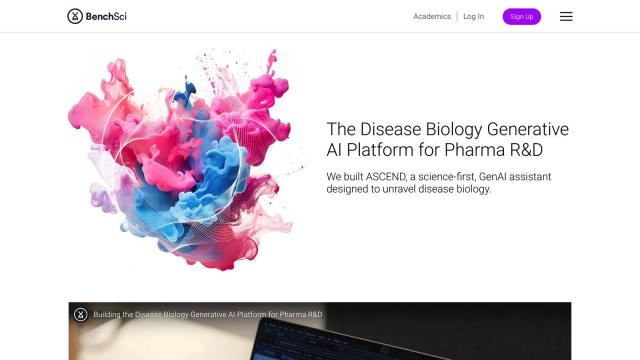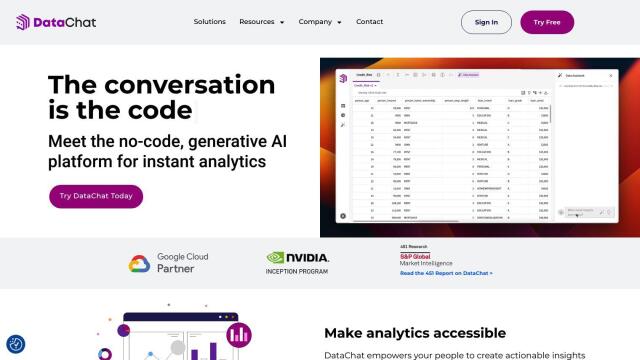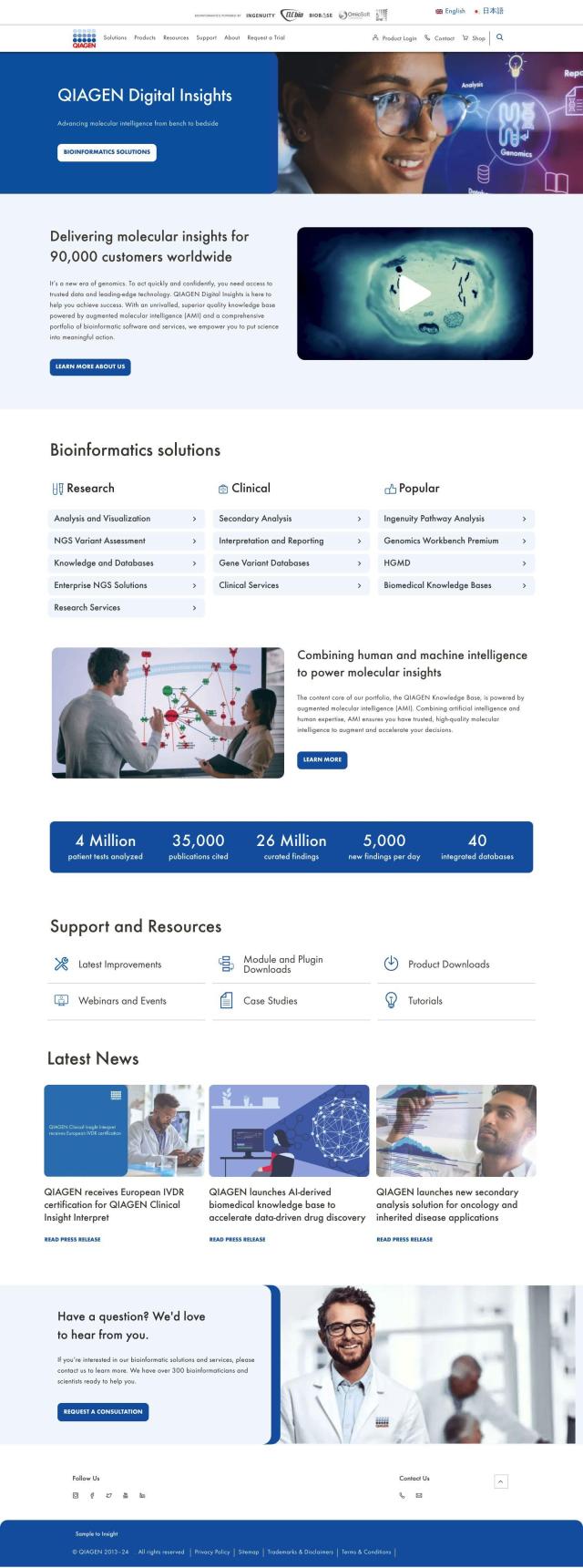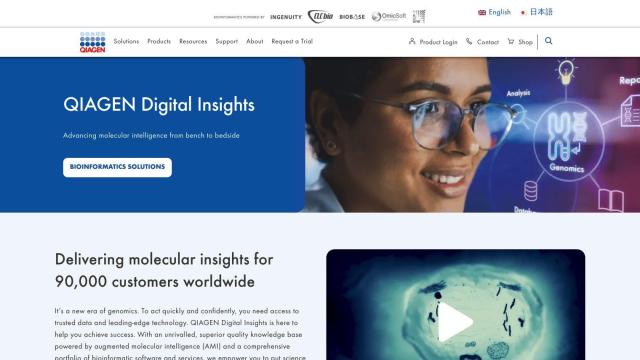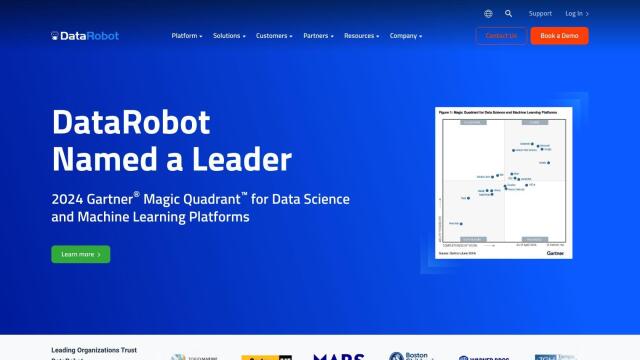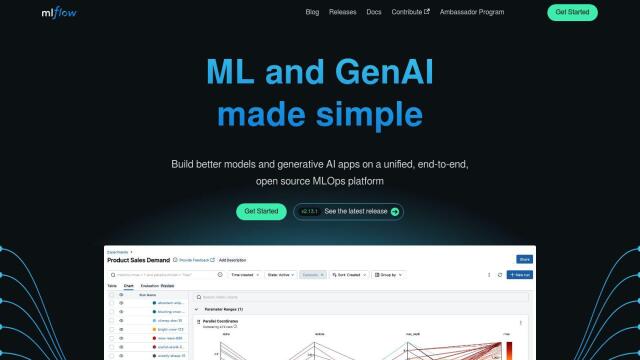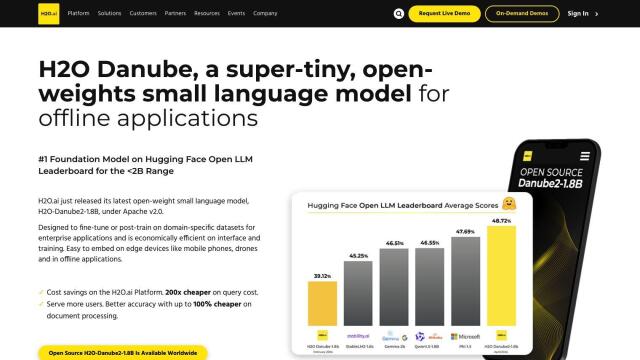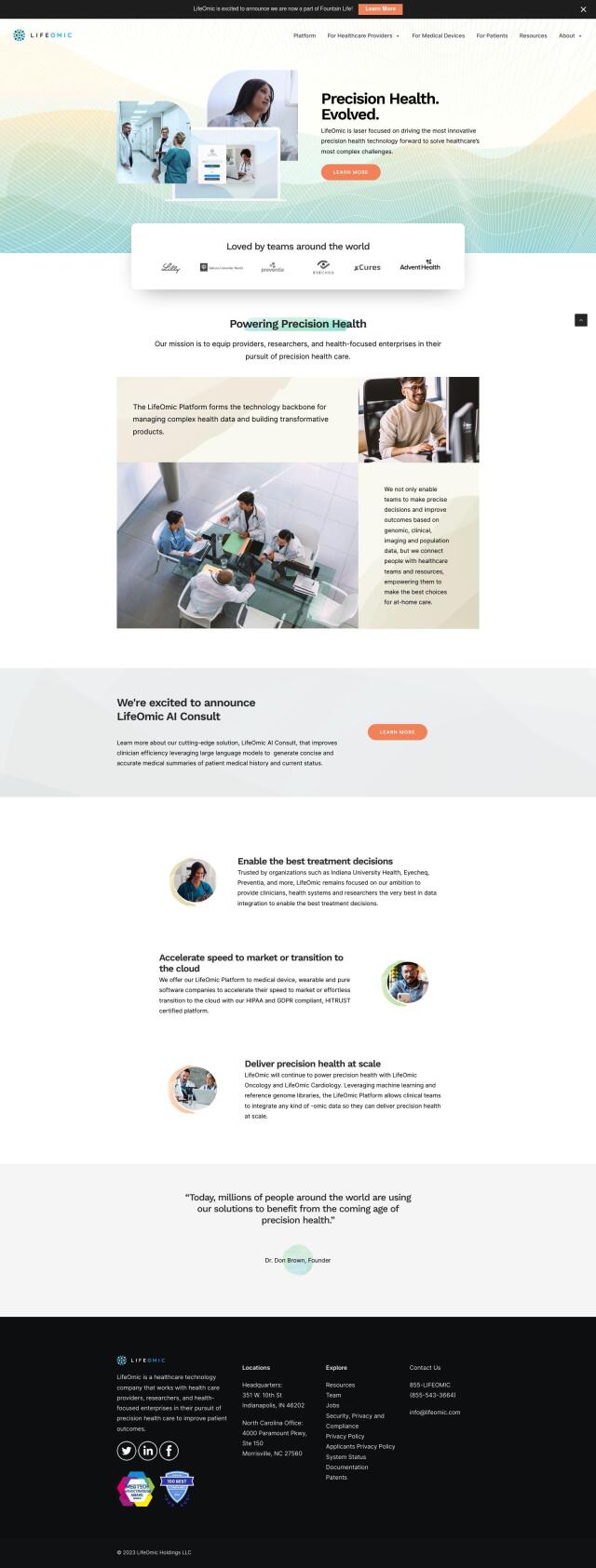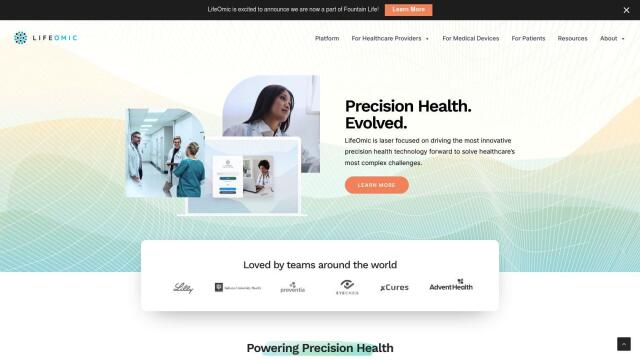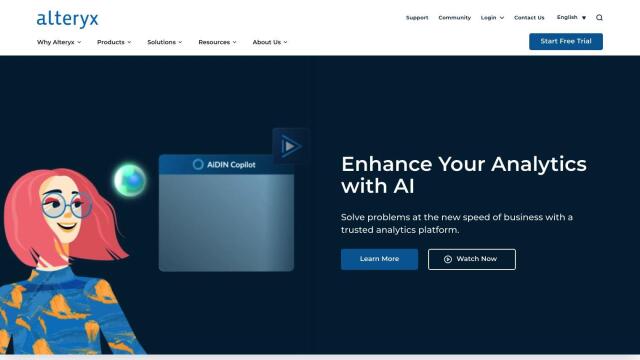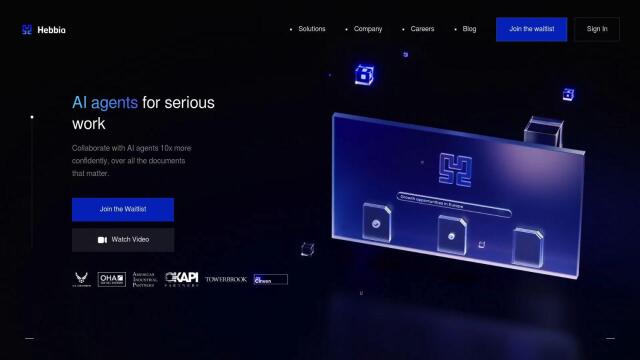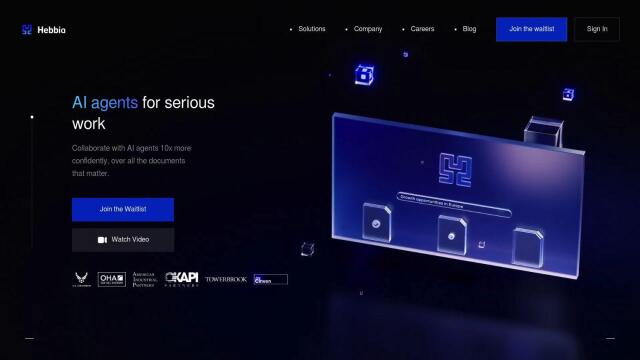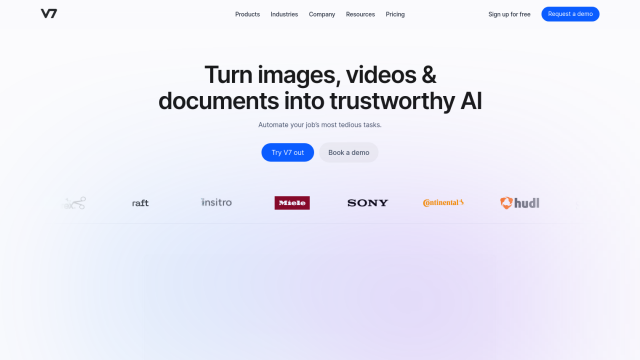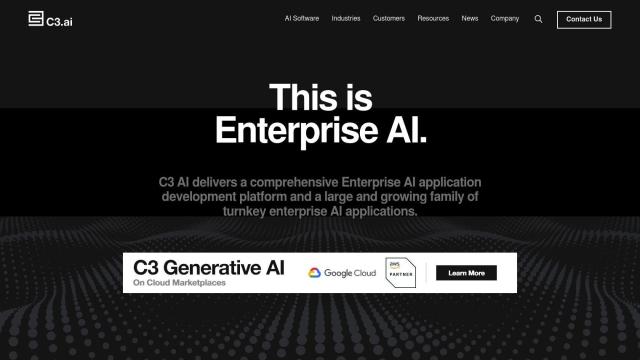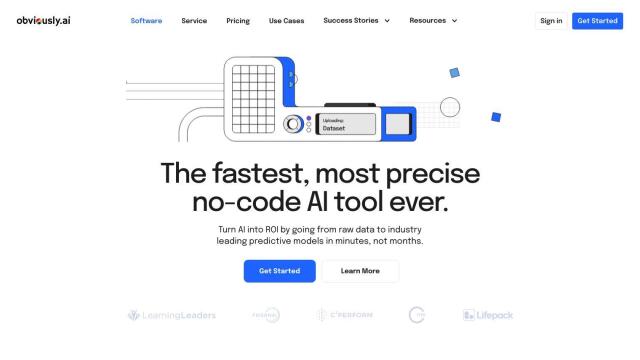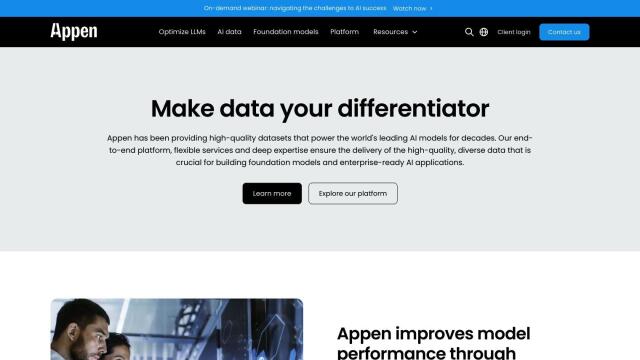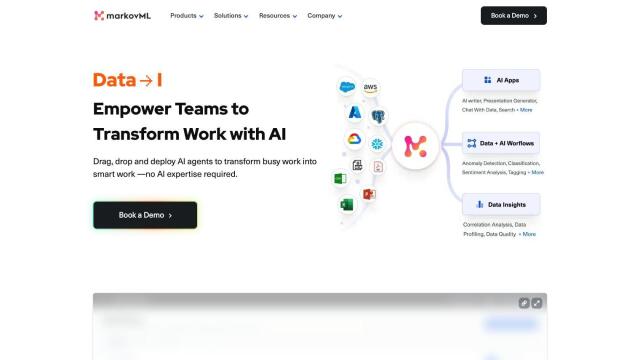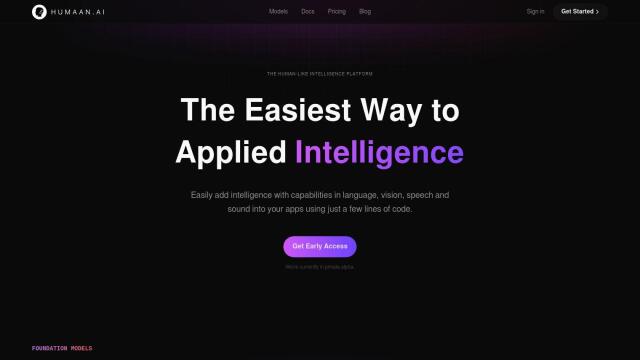Question: Can you recommend a platform that helps life sciences companies analyze and interpret machine learning output for better decision making?

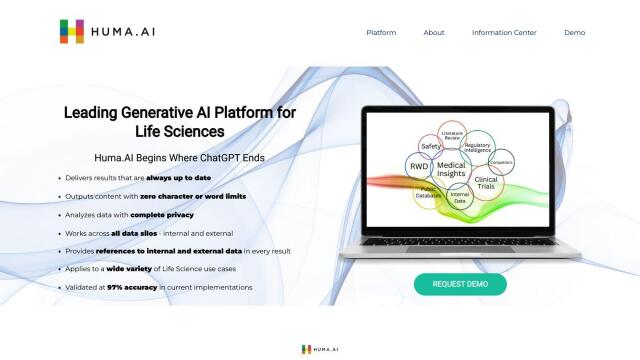
Huma.AI
For life sciences companies trying to understand what their machine learning models are actually saying so they can make decisions, Huma.AI is a good option. This generative AI platform is geared specifically for the life sciences, with features like no character or word limits, full privacy and access to internal and external data sources. Huma.AI has a 97% validation accuracy and delivers actionable data and insights in plain language, which is why it's a good fit for medical affairs, clinical development and regulatory affairs professionals.


Dataloop
Another good option is Dataloop, an AI development platform that combines data curation, model management, pipeline orchestration and human feedback to speed up AI application development. It can handle many types of unstructured data, including images, videos and text, and has strong security controls. Dataloop can help with collaboration and speed up development, making it a good option for life sciences companies trying to find a way to get their AI projects moving faster.

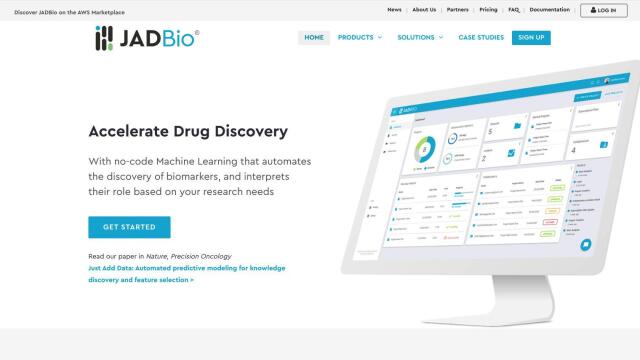
JADBio
JADBio is another contender, a no-code machine learning platform for automating biomarker discovery and interpretation. It can handle multi-omics data and includes features like AutoML, feature interpretation and model tuning, so it's good for researchers investigating many different diseases. JADBio can be used for tasks like early biomarker discovery, disease subtype identification and patient treatment response assessment.

